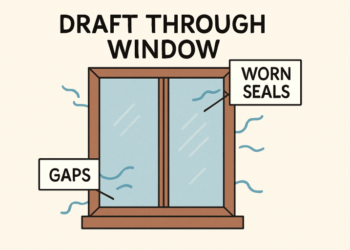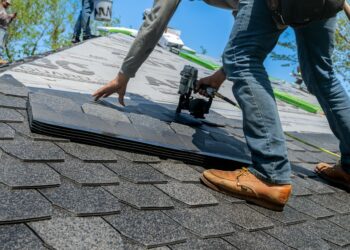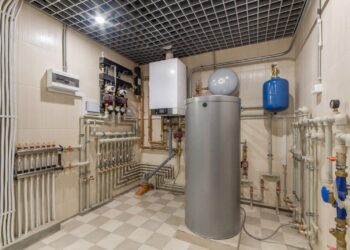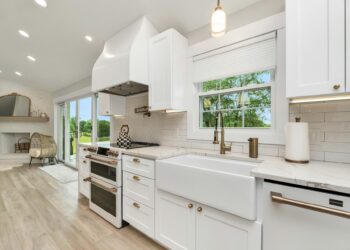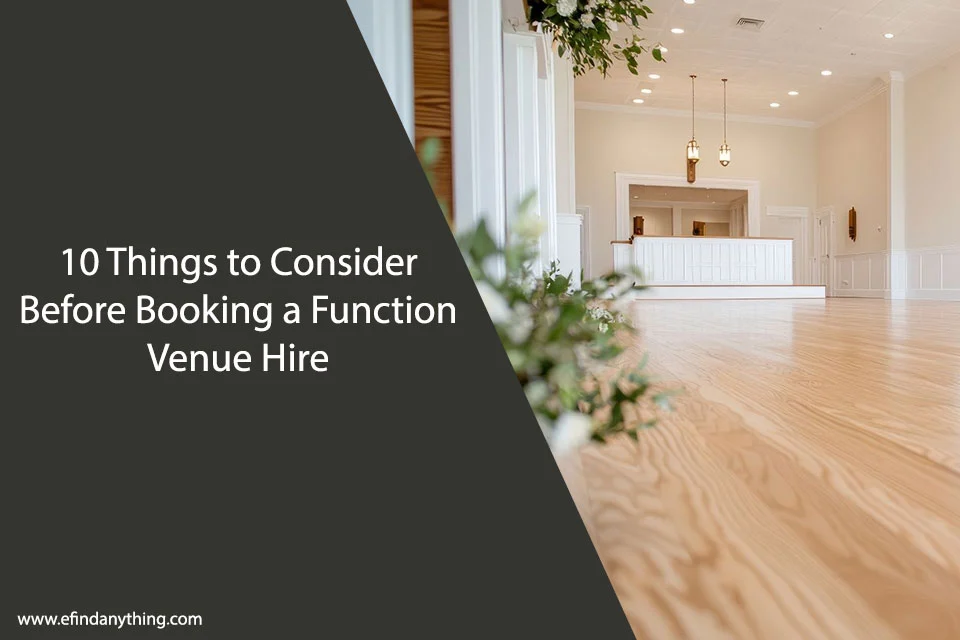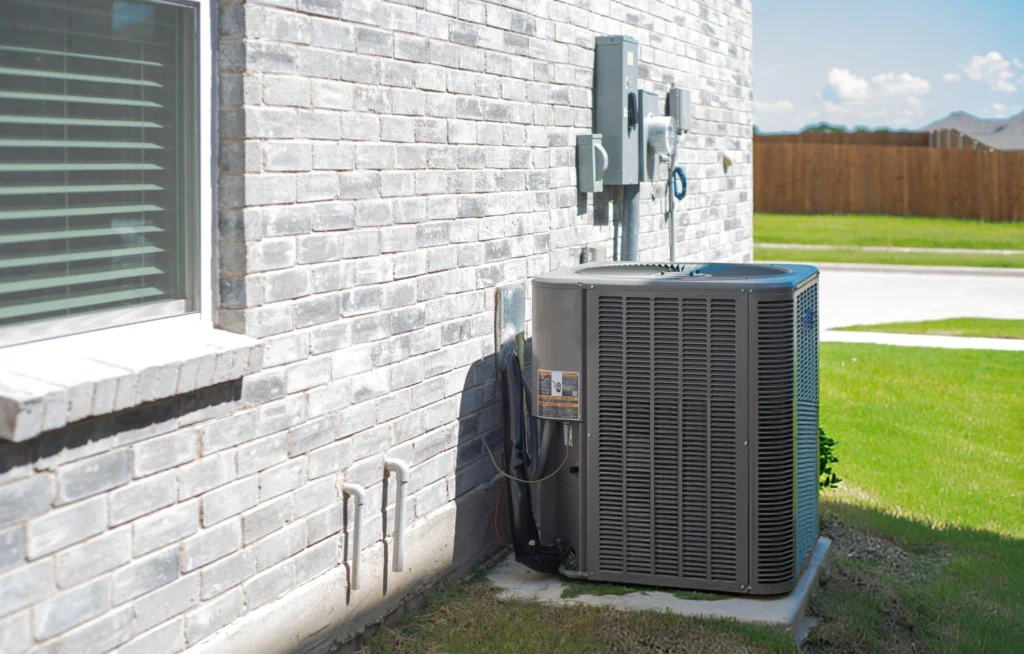
When faced with heating and cooling issues, many homeowners struggle to decide whether repairing their existing HVAC system or investing in a complete replacement is the smarter move. Both options carry unique benefits and drawbacks, and the decision often depends on long-term cost, system efficiency, and household comfort. While a repair may seem more affordable initially, a replacement might actually save more money over time by reducing energy bills and maintenance costs. We will explore how to weigh these choices carefully so you can make a well-informed decision that truly fits your home’s needs and your budget.
Key Considerations in Choosing Between Repair and Replacement
- Upfront Costs vs. Long-Term Savings
One of the first comparisons people make between repair and replacement is cost. A repair often appears more manageable in the short term because it requires less upfront money. Fixing a broken thermostat, replacing a capacitor, or addressing a refrigerant leak may only cost a fraction of what a new system would. However, these costs can add up quickly if issues recur or if multiple components begin failing. Replacement, on the other hand, requires a significantly larger initial investment but offers long-term financial benefits.
A new system runs more efficiently, reduces energy usage, and often comes with a warranty that cuts down on repair expenses. Considering the rising cost of energy, long-term efficiency should not be overlooked. Homeowners who replace an outdated HVAC system may notice significant savings on their monthly utility bills, which can offset the initial replacement expense over time. For additional insights on making this decision, resources like https://legendairtx.com/ can provide helpful guidance.
- Age of the HVAC System
The age of your current system plays a major role in the decision-making process. Most HVAC systems have a lifespan of around 10 to 15 years, provided they are well-maintained. Beyond this range, the system begins to lose efficiency, and parts wear out more frequently. Repairing a unit that is nearing the end of its life expectancy may not be financially sensible, as it could result in investing money in a system that will soon fail entirely. In contrast, if the unit is still relatively young and has not had many issues, a repair is often the most cost-effective route. Manufacturers also phase out certain parts over time, which makes it harder and more expensive to find components for older systems. Choosing to replace an older system can eliminate the hassle of chasing discontinued parts and provide peace of mind knowing the equipment will last another decade or more.
- Frequency of Breakdowns
Another key factor is how often your system requires attention. A unit that requires service every few years may only need minor repairs to keep running efficiently. However, if your system is constantly breaking down and you find yourself scheduling multiple repair visits within the same year, this is often a sign that replacement may be a more cost-effective choice. The costs of these repeat visits not only add up but can also create unnecessary stress and inconvenience for your household. Frequent breakdowns may also result in inconsistent indoor temperatures, poor air quality, and higher energy bills. In contrast, a replacement eliminates recurring service calls, ensures a more stable comfort level, and typically comes with new technology designed to prevent such disruptions. Evaluating whether your repair costs are beginning to rival the cost of a new unit is crucial for determining which option truly saves you money in the long run.
- Energy Efficiency and Operating Costs
Even if an older HVAC system is still functioning, it may be operating at a much lower efficiency compared to today’s modern units. Advances in heating and cooling technology have made newer systems significantly more energy efficient, which means they use less energy to maintain comfort. While a repair might restore your old system to working condition, it won’t improve its efficiency or bring down your utility bills. In some cases, repairing older equipment can actually increase operational costs because it prolongs the use of an inefficient system. Replacement, on the other hand, enables homeowners to benefit from high-efficiency models that lower monthly expenses and create a smaller environmental footprint. Over the course of several years, the difference in energy savings can be substantial enough to justify the cost of replacement, making it a wise investment for both financial and environmental reasons.
- Comfort and Reliability
Cost-effectiveness is not just about dollars; it also includes how well your system maintains comfort in your home. An HVAC system that constantly struggles to meet temperature demands may technically still function, but at the cost of inconsistent heating or cooling. Repairs may temporarily restore comfort, but underlying inefficiencies can persist, resulting in hot and cold spots in different rooms, inadequate humidity control, or excessive noise. Investing in a replacement provides not only consistent comfort but also improved air quality, quieter operation, and advanced features such as smart thermostats. These features enhance daily living and can even add value to your property. Ultimately, the reliability and peace of mind that come with a new system often outweigh the temporary relief of patching up an aging unit. When considering long-term cost-effectiveness, comfort and dependability should be factored into the calculation alongside dollar amounts.
Deciding whether to repair or replace an HVAC system requires more than just looking at immediate costs. It’s about considering the system’s age, repair frequency, efficiency, comfort, and even its impact on the future value of your home. Repairs may be a sensible short-term solution when the system is still relatively young, but frequent breakdowns and rising energy bills often indicate that replacement is the more financially prudent move. By balancing short-term savings with long-term gains, you can confidently choose the path that best serves both your household and your budget.
When deciding between HVAC replacement and repair, it’s crucial to consider local expertise and service availability. For those in the Sacramento area, consulting with professionals can provide valuable insights into the most cost-effective solution for your specific situation.
When considering whether to repair or replace your HVAC system, it’s crucial to consult with experienced professionals who can provide tailored advice. Coastal Heating & Air Conditioning Co., Inc. offers expert insights into the latest HVAC technologies and energy-efficient solutions. Their team can help you evaluate the long-term benefits of replacement versus the immediate cost savings of repair. By understanding your specific needs and the condition of your current system, they ensure you make an informed decision that aligns with your budget and comfort requirements. This personalized approach can ultimately lead to more cost-effective outcomes, whether you choose to repair or replace your HVAC system.
Engaging with local experts in hvac sacramento can help you assess the condition of your system and determine whether a repair or a full replacement is more beneficial in the long run. These professionals can offer tailored advice based on the latest technologies and energy efficiency standards, ensuring that your decision aligns with both your budget and environmental considerations.


